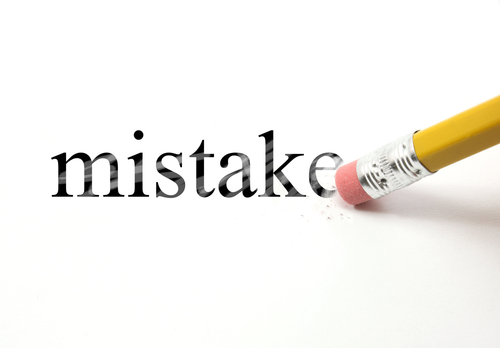I’m a firm believer in ‘masterminding’ and one of the people I am honored to count as a friend, mentor and mastermind conspirator is Nancy Morris. Nancy is the ‘un-guru’ of business psychology and people development. She’s really good at what she does. We have lunch together at least once a month to chat.
LEARNING AT LUNCH
At our last lunch, we got onto the topic of inevitable failures in business and Nancy, as she always does, said something that got me thinking. I made a comment about people that always need to be right. Nancy was quick to correct me. She said, “No one thinks that they always need to be right. But many people think that they should never be wrong”. Told you she was smart. The paradigm shifted.
Being wrong is okay. It’s actually better than okay.
FAILURE IS INEVITABLE
In a recent article on entrepreneur.com, Chris Byers, CEO of Formstack noted that, “In business, failure is inevitable. It’s what you do after you fail that makes a difference.”
I couldn’t agree more. However, it is also crucial to note that repeating the error is a choice. As infants we were all faced with the challenge of learning to walk. Our parents didn’t plunk us down in front of a computer, launch a powerpoint presentation on how to walk and hoped we’d ‘get it’. We fell down. Lots. A child falls an average of about 290 times before they actually learn to walk. Failure is how we learn. Failure is how successful people motivate themselves to move forward.
TRACTION IS ESSENTIAL TO GROWTH
Byers goes on to say, “In order come up with new and innovative ideas, new concepts have to be tried. New ideas don’t need to be committed to for life, but trying something new and seeing if you can get traction is essential to growth.”
Make mistakes. Learn from them, don’t repeat them. That’s business. And it is the road to success.
Something to think about: “A life spent making mistakes is not only more honorable, but more useful than a life spent doing nothing.” (George Bernard Shaw)


